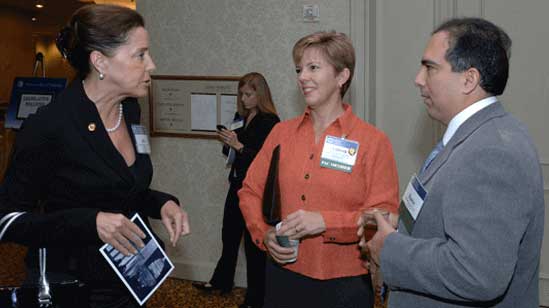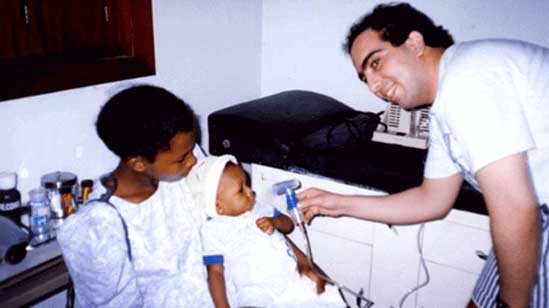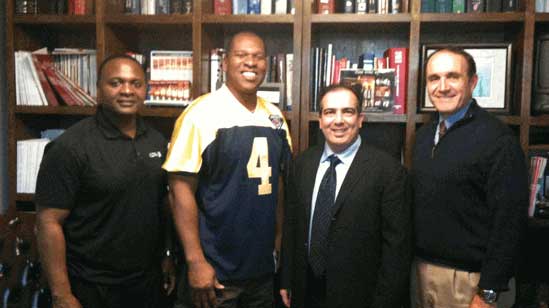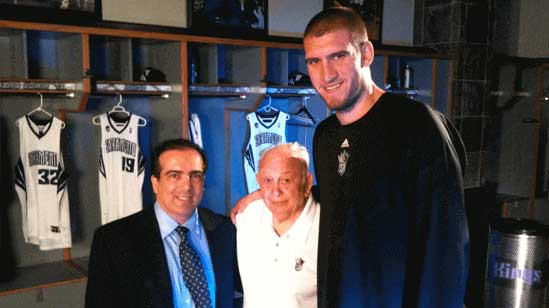Women and Heart Disease: What Women Need to Know
You may be surprised to learn that heart disease is the biggest threat to your health-even more so than breast cancer. And the same factors that put you at risk of a heart attack also increase your chances of stroke and other health problems. If your heart's in trouble, your body may send you warning signs. It's up to you to notice these and talk to your healthcare provider about them. Your health-and your life-could depend on it.
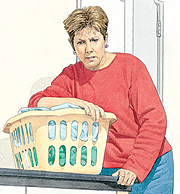
Don't ignore shortness of breath or other symptoms.
Learn to Read the Signs
When your heart isn't getting enough oxygen, you may experience a feeling called angina. It's not the same as a heart attack, but it's a sign that you're at risk of having one. Angina is often referred to as "chest pain," but this can be misleading. It's not always painful, and it's not always in the chest. Many women have other symptoms along with-or instead of-chest pain or discomfort. Talk to your healthcare provider if you notice any of the following:
-
Discomfort, aching, tightness, or pressure that comes and goes. This may be in the back, abdomen, arm, shoulder, neck, or jaw. It can also be in the chest.
-
Feeling much more tired than usual, for no clear reason.
-
Becoming breathless while doing something that used to be easy.
-
Heartburn, nausea, or a burning feeling that seems unrelated to food.
Get to the Heart of the Problem
Women often don't realize their symptoms could be related to heart trouble. Even some doctors don't make the connection. If you feel any of the symptoms listed here, see your doctor and ask to be tested for heart disease-even if you're not sure that's the cause. Tests, such as a stress echocardiogram and nuclear imaging, will reveal more about the problem. If your symptoms are heart-related, your doctor will start treatment.
Hormone Therapy Is Not the Answer
Doctors used to think that older women could reduce their heart disease risk by taking hormones in pill form (hormone therapy, or HT). It turns out that's not true. In fact, HT could actually increase your risk of having a heart attack or stroke. Talk to your doctor about the risks and benefits of HT. It may be prescribed for other health problems. But it should not be taken to prevent or treat heart disease.
Is It Angina or a Heart Attack?
Angina usually goes away after a few minutes of rest. If any of the angina symptoms above last for more than a few minutes, or if they go away and come back, you could be having a heart attack. Call 911 right away!
Publication Source: National Heart, Lung, and Blood Institute
Online Source: National Heart, Lung, and Blood Institute
Date Last Reviewed: 2007-09-15T00:00:00-06:00
Date Last Modified: 2006-01-01T00:00:00-07:00

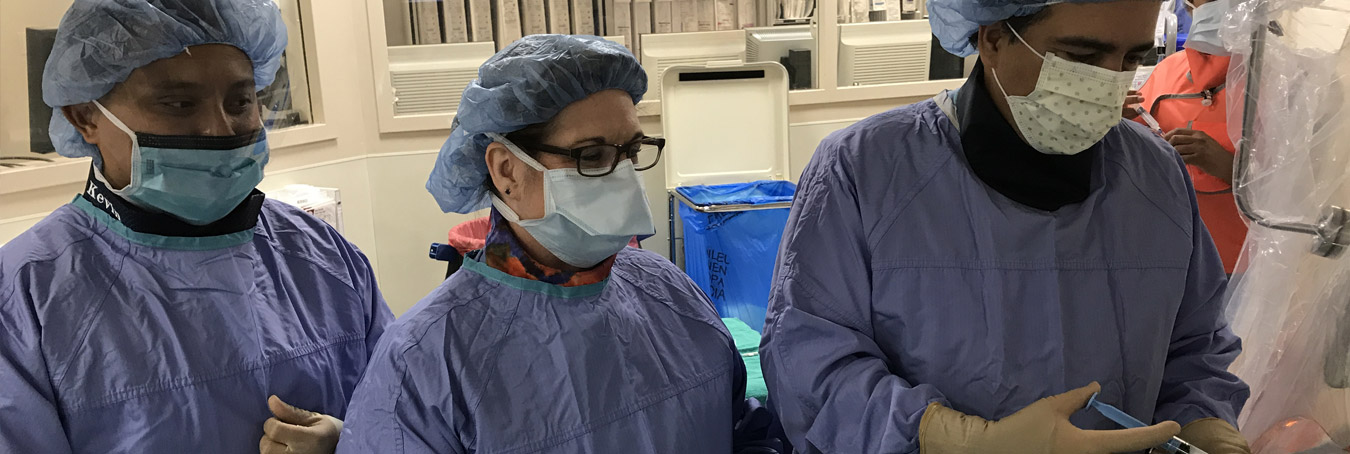




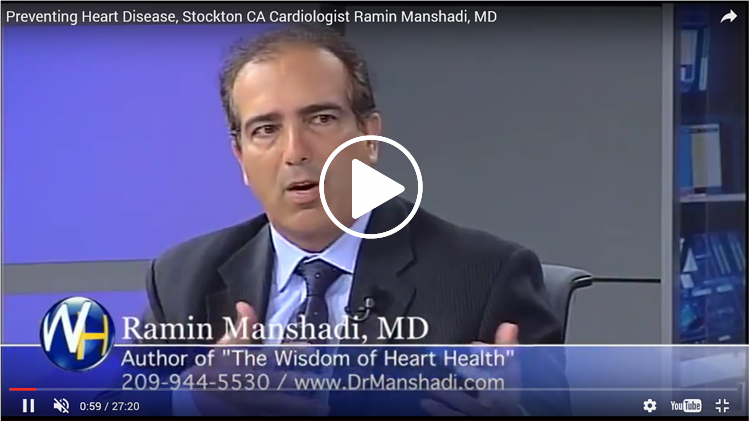
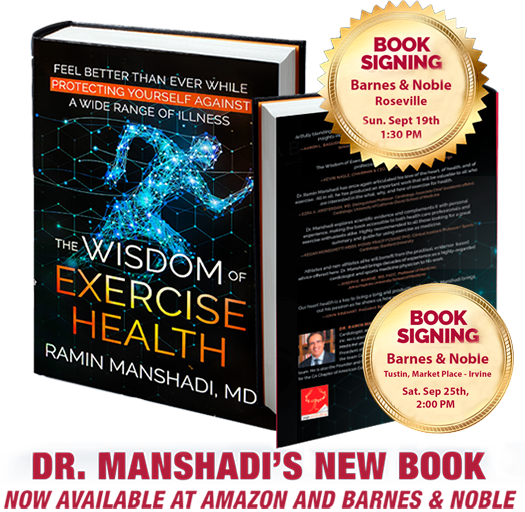

 Click Here for More Details
Click Here for More Details

